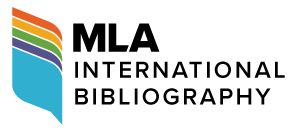Authors' responsibility
Manuscripts submitted for publication must be based on original, unpublished research. They must include the data obtained and used, as well as an objective discussion of the results. Authors must present the results clearly, honestly and without fabrication, falsification or inappropriate manipulation of data. They must provide enough information to allow any specialist to reproduce the research and confirm or refute the interpretations defended in the manuscript.
Authors must avoid scientific misconduct and violating publication ethics. They must ensure that the data and results reported in the manuscript are original and have not been copied, fabricated, falsified or manipulated.
Plagiarism in all forms, multiple or redundant publication, as well as invention or manipulation of data, constitute serious ethical lapses and are considered scientific fraud. Authors must provide appropriate authorship and acknowledgement. Authors must refrain from deliberately misrepresenting a scientist's relationship to the published work. All authors must have contributed significantly to the research. Authors must inform the journal when there is a direct or indirect conflict of interest with the editors or members of the editorial board or scientific committee. No significant part of the article should have been previously published as an article or as a chapter or be under consideration for publication elsewhere. When authors discover a serious error in their manuscript, they should report it to the person responsible for the journal as soon as possible in order to modify it, withdraw it or publish a correction notice or errata. If the Editorial Board detects a potential error, the authors must demonstrate that the manuscript is error-free.
Authors are obliged, for all materials submitted, to participate in a peer review process and to follow the conventions of the publication.







